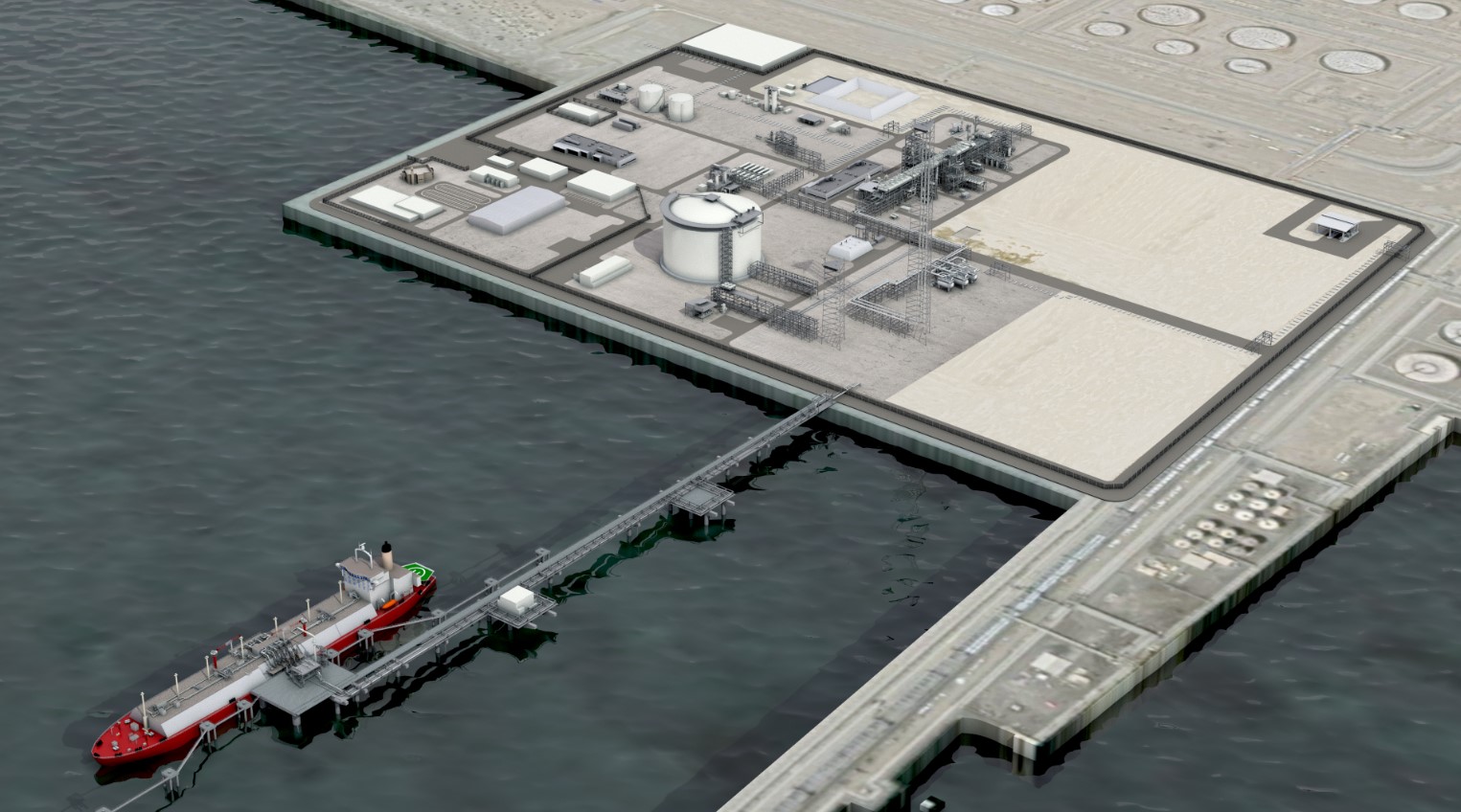
A significant development in the maritime industry is underway as Oman embarks on a comprehensive study aimed at establishing low-carbon fuel bunkering facilities. This initiative aligns with the global push toward sustainability and reducing carbon emissions within the shipping sector. The Oman Maritime Authority is spearheading this effort, recognizing the increasing demand for alternative fuels amid growing environmental concerns.
This study is part of a broader strategy by the Omani government to diversify its economy and reduce its reliance on fossil fuels. By investing in low-carbon alternatives, Oman aims to enhance its position as a leading player in the maritime industry while simultaneously addressing climate change. The initiative also responds to the International Maritime Organization’s (IMO) targets for reducing greenhouse gas emissions from ships, which have become critical in international maritime regulations.
The study will evaluate the feasibility of establishing bunkering infrastructure for alternative fuels such as hydrogen, ammonia, and biofuels. These alternatives are gaining traction as potential solutions to significantly lower emissions in the shipping sector, which is responsible for approximately 2-3% of global greenhouse gas emissions. By focusing on these fuels, Oman not only seeks to comply with international standards but also aims to attract shipping lines that prioritize sustainability in their operations.
Oman’s strategic geographical location offers a unique advantage in developing low-carbon fuel bunkering. Situated along key maritime routes, the country is well-positioned to serve as a refueling hub for vessels traveling between Europe, Asia, and Africa. The government envisions that establishing low-carbon bunkering will bolster its economy and create job opportunities in the emerging green energy sector.
The Omani government is also exploring partnerships with international companies specializing in alternative fuels and technology. These collaborations are essential to accessing expertise and investment needed to develop the necessary infrastructure. Engaging with global stakeholders will ensure that Oman remains competitive in the evolving maritime landscape while fostering innovation in low-carbon technologies.
Experts have noted that the transition to low-carbon fuels will not be without challenges. Infrastructure development, regulatory frameworks, and the need for extensive training and education for industry stakeholders are among the hurdles that Oman will need to address. However, the commitment demonstrated by the government to prioritize sustainable maritime practices suggests a proactive approach to these challenges.
This initiative aligns with Oman’s broader economic diversification plan, known as Vision 2040. This roadmap aims to reduce dependence on oil revenues by fostering growth in sectors such as tourism, logistics, and renewable energy. The study on low-carbon fuel bunkering not only supports this vision but also positions Oman as a forward-thinking nation committed to sustainability.
The adoption of low-carbon fuels in shipping has been gaining momentum globally. Many maritime nations have started to invest in research and infrastructure to support this transition. By initiating this study, Oman joins a growing list of countries taking decisive steps toward a greener future. This collective effort highlights the increasing recognition of the maritime sector’s role in achieving global climate goals.
Industry stakeholders have expressed optimism regarding Oman’s commitment to low-carbon bunkering. The move is seen as a vital step in promoting environmentally friendly practices within the shipping industry. As the demand for sustainable shipping solutions rises, Oman’s proactive measures could position the country as a leader in low-carbon fuel logistics in the region.
The development of low-carbon bunkering in Oman also reflects the broader trends in global shipping and trade. As shipping companies face pressure from regulators and consumers to reduce their carbon footprints, many are actively seeking alternative fuel options. This shift is driving investment in research and development, with companies exploring innovative solutions to meet sustainability goals.
By prioritizing low-carbon bunkering, Oman aims to facilitate the transition toward more sustainable shipping practices. The establishment of the necessary infrastructure and regulatory framework will play a crucial role in supporting this transition. As the global maritime industry increasingly embraces sustainability, Oman’s initiative could serve as a model for other nations aiming to reduce their environmental impact.




